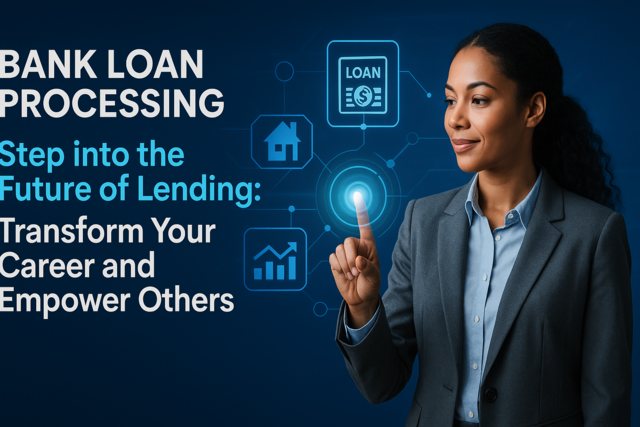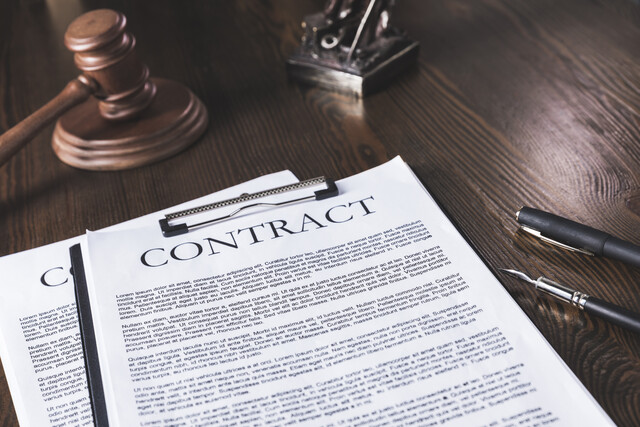?
For individuals more advanced in age, different home ownership financial strategies may prove more applicable for them than for their younger counterparts.
One such financial strategy is the concept known as Reverse Mortgage where persons ages 62 and older are able to convert a portion of the equity in their home into income that is tax free.
The core component of Reverse Mortgages is that should homeowners be able to meet stipulated qualifications they become eligible to receive some of the equity they have built up in the home over time.
Such a plan neither strips senior homeowners of their proprietor status nor does it require them to take out an entirely new mortgage or even that of a second mortgage. Rather, eligible homeowners reap the rewards of a Reverse Mortgage whereby they receive payments from a lender rather than having to make them.
The favorable aspect of a reverse mortgage is that the homeowner need not repay the moneys received until the time comes when they no longer consider the property to be their primary place of residence.
B. Reverse Mortgages: Eligibility Requirements
Though not overly stringent, the criteria required to be considered for a reverse mortgage include:
- Age 62 or older.
- Ability to show proof of ownership and residency of home.
- Possessing sufficient equity in the home.
Note: Reverse mortgages do not impose any special income or medical requirements.
And where the property itself is concerned, only certain constrictions apply:
� Single family homes.
� 2-4 unit properties.
� Manufactured homes (built post 1976).
� Detached homes.
� Condominiums (must be FHA approved and may qualify under the Spot Loan Program).
� Townhouses.
*Note: Generally speaking, cooperative housing properties are ineligible for a Reverse Mortgage.
C. Reverse Mortgages: Loan Amounts
The eligibility for fund amounts is based upon the homeowners' ages (pertaining to couples, the age of the youngest spouse is used for calculation purposes), the value of the home, current interest rates, and where a government program is concerned, the lending restriction within your geographical area.
By and large, the older a person is; the greater valuation their home is; and the smaller amount still owed on the home, the more money they will be able to receive from a reverse mortgage.
Under a reverse mortgage plan, the ways in which a homeowner can elect to receive the funds include:
- Lump sum (all at once).
- Fixed monthly payments either for a set period or as long as they live in the home.
- Line of credit.
- Combination of the above.
Note: The most popular option, chosen by more than 60 percent of borrowers, is the line of credit, which allows the borrower to draw on the loan proceeds at any time.
F. Reverse Mortgages: Types
Three of the Primary Types of Reverse Mortgages include:
Home Equity Conversion Mortgage (HECM), the oldest and most popular reverse mortgage product. Accounting for an estimated 90 percent of the total market, HECMs (on the market since 1989) are insured by the federal government through the Federal Housing Administration (FHA), a division of the U.S. Department of Housing and Urban Development.
In addition to the previously mentioned eligibility requirements, under a HECM, the geographical location of the individual's home contributes to the maximum lending limit eligible to the applicant.
Conventional Reverse Mortgages. Though uninsured by the federal government, these reverse mortgages feature many similar consumer protections including: mandatory counseling and asset protection (a reference to the ratio between the amount owed on the mortgage and the value of the home).
Also known as jumbo loans, conventional reverse mortgages have no limits, or if they are capped, they are significantly much higher, for example, $2 to 4 million. Thus, these types of reverse mortgages are appropriate for those who require access to larger amounts of equity than the individual would otherwise have under a FHA HECM.
Fannie Mae Home Keeper and Home Keeper for Home Purchase. Fannie Mae is the nation's largest investor of home mortgages and a major investor of reverse mortgages, including the federally insured Home Equity Conversion Mortgage (HECM). Fannie Mae developed their own proprietary Home Keeper� reverse mortgage to address needs not served by the HECM program, such as individuals with higher property values, condominium owners, and seniors wishing to use reverse mortgages to purchase a new home.
When attempting to determine the interest component on a reverse mortgage, homeowners should know that they are only charged interest on the proceeds they receive. While the majority of reverse mortgages charge a variable interest rate, there are now many more fixed rate products tied to a particular index (for instance, the 1-Year. Treasury Bill or the London Interbank Offered Rate LIBOR) on the market than there has ever been in the past.
Rather than the interest on a reverse mortgage being paid out of the available loan proceeds, they compound over the life of the loan until the time at which the recipient begins the repayment process.
Another question that often arises is whether someone will be eligible for a reverse mortgage if they have yet to pay off their existing mortgage. The answer is that while yes, they can qualify, the reverse mortgage will need to be in what is known as a lien position whereby any past debts will need to be addressed first.
While they are nominal, such additional fees as the governmental service fee set aside (SFSA) should be discussed with the individual and incorporated into their budgetary planning. For example under the Federal Housing Administration's Home Equity Conversion Mortgage (FHA HECM) program (Note: each plan may have its own version of the government's service fee), the SFSA refers to a monthly servicing fee ranging in the $30-$45 range that is billed for the management of one's account.
Over time, the SFSA can tally upwards of several thousand dollars. Thus, it is important that the client be aware of these fees and properly anticipates them.
As was previously explained, while it remains in an outstanding status, no monthly payments are due on a reverse mortgage. Essentially, the loan begins being repaid under the following conditions: when the reverse mortgage holder no longer considers the property to be their primary residence, if the principal owner or spouse passes away, or the home is sold.
All in all, the amount owed on a reverse mortgage can never surpass the value of the property. Plus, if the home is sold and the sales proceeds go above and beyond the outstanding balance of the reverse mortgage, the additional moneys revert back to the individual or the individual's estate.
K. Reverse Mortgages: When not a Good Option
Additionally, reverse mortgages are good options should an individual desire to bequest their property to their children (or other specified person). This is because the property typically is sold as a means of repaying the reverse mortgage, hence, no home remains for the children or others to inherent.

























